
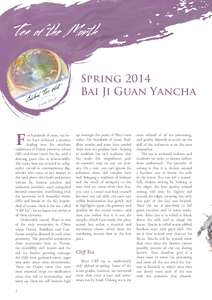 |
|
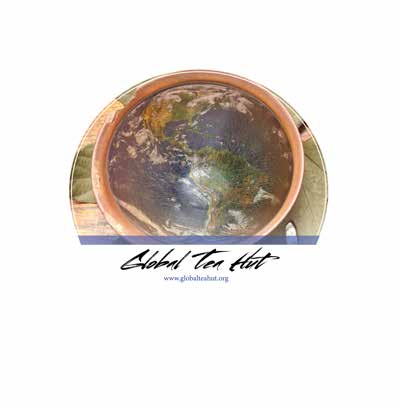
 | "White Cockscomb" (白雞冠) |  | Wuyi Mt., Fujian, China |  | Cliff Tea, Oolong |  | Min Bei, Fukanese Aboriginals |  | ~400 Meters |
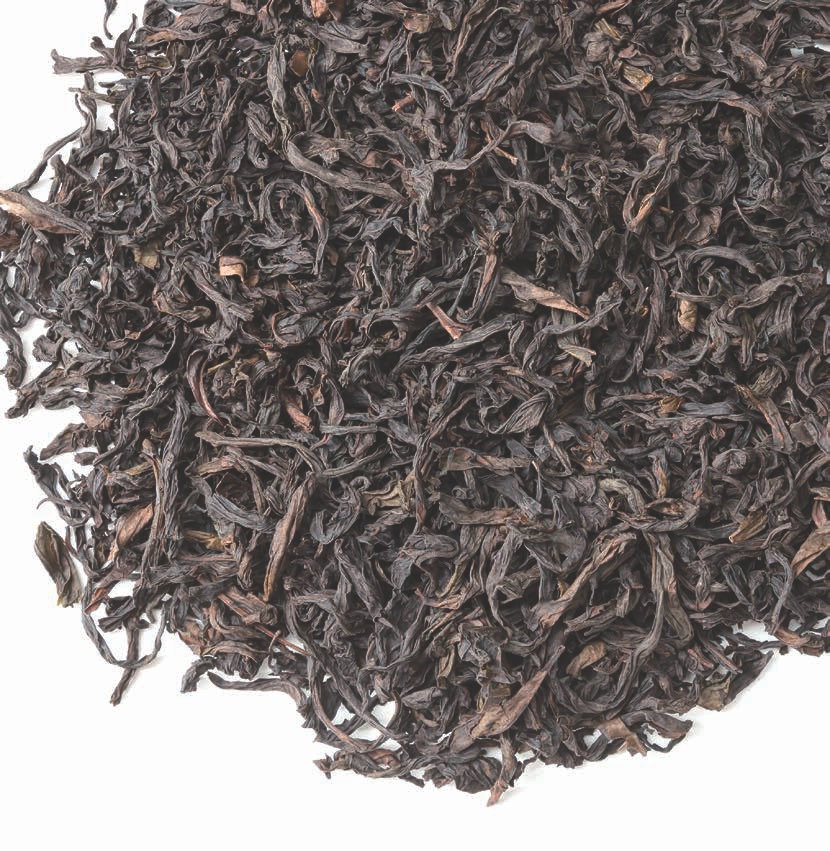
For hundreds of years, tea lovers have followed a journey leading into the northern wilderness of Fujian province, where cliffs and rivers touch the sky with a dancing grace that is otherworldly. The rocks here are covered in calligraphy, carved to commemorate dignitaries who came to pay respect to this land above the clouds and poems written by famous scholars and unknown travelers - each compelled beyond constraint, overflowing with the emotions such beautiful rivers, cliffs and bends in the sky inspire. And of course, there is the tea, called "Cliff Tea", for its liquor has within it all these elements.
Undeniably sacred, Wuyi is one of the only mountains in China where Daoist, Buddhist and Confucian temples abound in such close proximity. The powerful connection these mountains have to Nature, the incredibly rich waters and the old tea bushes growing amongst the cliffs have gathered saints, sages and seers since time immemorial. There are Daoist caves that were once essential stops on meditation tours that led to immortality, and some say there are still hermits high up amongst the peaks of Wuyi even today. For hundreds of years, Buddhist monks and nuns have tended their own tea gardens here, helping to establish the rich tradition that has made this magnificent park an essential stop on any tea journey. On a visit, you can't ignore the influence these old temples have had, bringing a tradition of holiness and the smell of antiquity to the area. And yet, more often than that, you turn a corner and find yourself between two tall cliffs, the sun's rays visible brushstrokes that gently end in highlights upon the greenery and sparkles on the crystal waters - and then you realize that it is not the temples which have made this place sacred, but rather a mystical and mysterious charm which drew the wandering ascetics here in the first place.
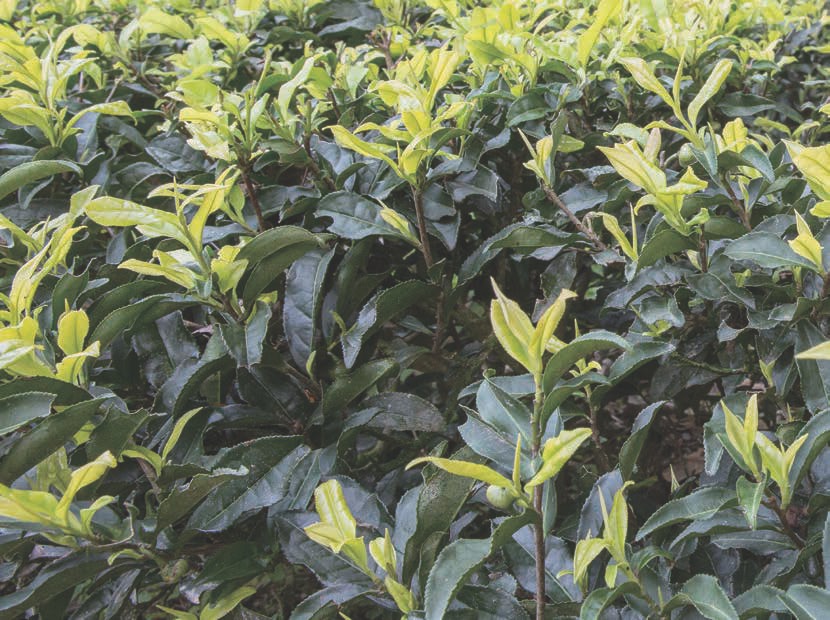
The tea is withered indoors and outdoors on racks to ensure airflow from underneath. The specialty of oolong is that it is shaken around a bamboo tray to bruise the cells in the leaves. You can tell a masterfully shaken oolong by looking at the edges: the best quality striped oolong will only be slightly red around the edges, meaning that only this part of the leaf was bruised. Then the tea is pan-fried to kill green enzymes and to arrest oxidation. After that it is rolled to break down the cells and to shape the leaves. Yancha is rolled across ribbed bamboo trays with great skill. The tea is then roasted over charcoal for flavor. Yancha will be roasted more than once since the farmers cannot possibly process all the tea during harvest. They therefore give it a short roast to arrest the processing and store all the tea until the harvest is finished, at which time they can slowly roast each of the teas with the attention they deserve. The heavier roasts of Yancha mean that the tea is better left for some time so that the roast can cool off. Traditionally, spring Yancha wasn't brought to market officially until Chinese New Year the following year (around February).
Cliff Tea changes far more quickly and more dramatically than other aged teas like Puerh. In just five years, a yancha reaches a whole other world of flavor, especially the good ones. Most yancha is allowed to rest for at least six months, so the roast cools down, and the original flavors of the leaf swell up. (Our tea is from 2014.) Also, unlike Puerh, aging yancha requires no special environment, humidity, etc. A good container with a nice seal is all that is needed. Every time we open our yancha jars, the tea inside has transformed and opened up new worlds of experience.
Similarly, we have found no tea in the world that changes as much from steeping to steeping as yancha does. The flavors, aromas and mouthfeel all transform with each brew, and as you get down into the later steepings, a mineral flavor - called "rock flavor (yan wei, 岩味)" in Chinese - continues for many steepings to come.
The world of yancha is deep and profound, and you could spend several lifetimes brewing this tea without ever plumbing its depths. Such a time would not be wasted. Wuyi tea has been called the "Tea of Immortals" for centuries. The wizened bushes deep in these scenic crags have ever been brewed into elixirs of meditation and life, sought out by travelers who traversed leagues of mountains, plains and rivers in search of their legendary golden sutras, whispered in quiet cups directly to the soul.
To drink yancha in the park on some quiet rock with clear water scooped from one of the ever-present streams is one of the finest joys under Heaven, and brings a lasting peace that you carry in your heart long after leaving. The surrounding hills are covered with meditation caves, temples and monasteries built on the foundation of such calmness. Back across the Taiwan Strait, lifting our cups, we close our eyes and return to those vistas, now forever imprinted on our souls.
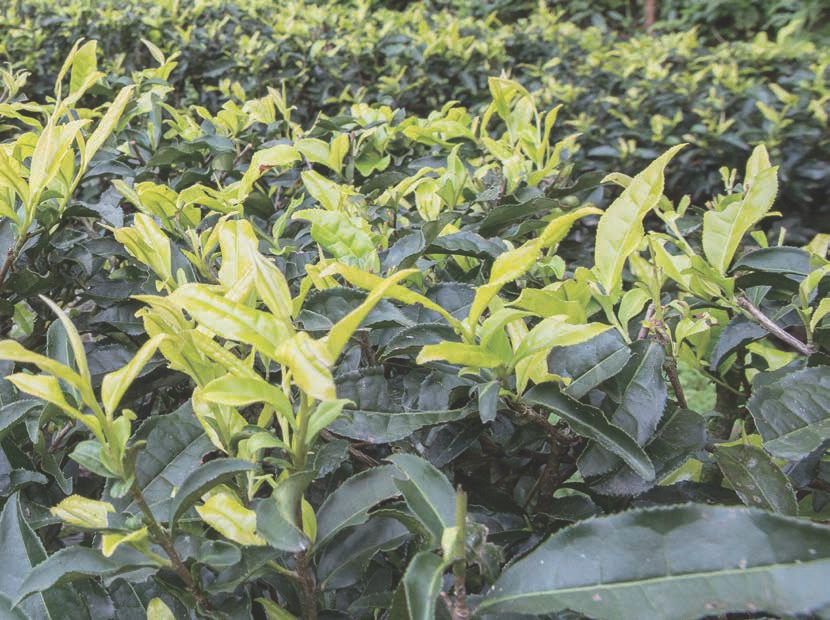
What an amazing year of Global Tea Hut! Starting with the very first tea donated by Master Lu, our teas have been higher quality than any of the teas we've sent before. Most of this abundance is due to the generosity of donors willing to share better teas with all the brothers and sisters in this community. Great teas shared in the company of wonderful tea people makes for transformative experiences. And this month sets a new bar, as this is easily the finest and most valuable tea we have ever shared in Global Tea Hut!
We went on our second annual Global Tea Hut trip to Wuyi Mt. this year, where we were hosted by the Huang family. The Huangs are now in their twelfth generation of making master-crafted Cliff Teas. Very soon, you'll be reading about how special their tea and craftsmanship are. Their teas are hand-crafted, which no one else in Wuyi is doing in such full production. It is very rare to find fully hand-processed oolong tea in this day and age, let alone to have so much of it donated to many people around the world. We are so honored to share this wonderful tea and the spirit of our trip with our dear tea family.
In Wuyi, the Four Famous teas are: Big Red Robe (Da Hong Pao), Iron Arahant (Tie Luo Han), Golden Water Tortoise (Shui Jin Gui) and White Cockscomb (Bai Ji Guan). Our tea of the month is the last and most unique of these, White Cockscomb (白 雞 冠). It is unique because the leaves are a bright yellow mutation that is unlike any other tea on earth. Bai Ji Guan originates at the Bat Cave (not the secret lair) on Yin Ping Peak, Wuyi. According to legend, it was given its name in the Ming Dynasty. It is perhaps the most unique of all yancha varieties. Like the other teas discussed here, Bai Ji Guan is farmed asexually from late-grown seeds. It is mostly found in the inner mountains, and has also been propagated in larger amounts since the 1980's. The bushes are medium-sized and have very thick, dense branches. The leaves are dull and shallow with average teeth around the edges. The surface also bulges. These leaves appear even more delicate than the other varieties of yancha. The buds are all a bright yellow color with minuscule hairs. The older leaves appear white in the sunshine and together with the buds look similar to a cockscomb, which is where the tea gets its name. The diameter of the corolla is 3.5cm with seven petals. They blossom fully at the end of April. The yellow, bright buds and leaves together make a very unique oolong tea that often has a fragrance of lychee fruit. Some masters say Bai Ji Guan also tastes of mushrooms. The sensations should be crisp and slightly dry in the mouth. It tends to be the sweetest of the Four Legendary Cliff Teas, and therefore the most accessible.
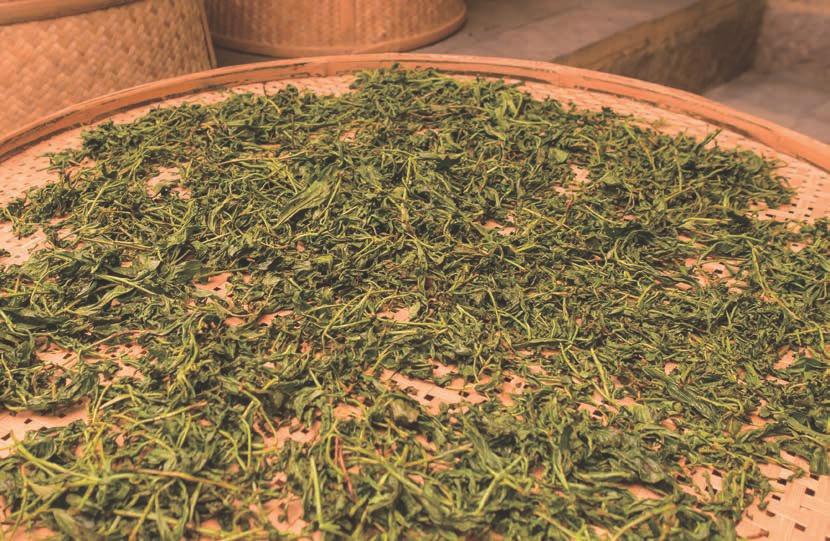
Every Cliff Tea has a history, a lineage and myth surrounding its name. They say that a baby was napping while his mother picked tea in the gardens near their home. An eagle saw the baby and thought it easy prey. But as it swooped down to scoop the baby up, the family rooster put himself between the eagle and the babe. It fought bravely, fiercely defending the child with every attack. Eventually, the eagle gave up and flew off in search of other food. But the rooster was gravely wounded. Hearing the commotion, the mother ran over just in time to hold the rooster as it breathed its last. She summoned the whole village and a funeral was held for the rooster, burying it with the highest honor near their sacred tea trees. Shortly thereafter, the rooster was given the highest of all rebirths: as a tea tree. The tree grew with yellow leaves like the wing feathers of the rooster, and a three-pronged leaf shape that resembled his comb.
This legend, and many others like it, can open our heart to how strongly the aboriginal peoples of China revered the tea tree, holding rebirth in that form as the highest of all honors - one reserved for heroes, saints and immortals. As you read through this magical issue of Global Tea Hut, we hope that you will cultivate a similar regard for this amazing tea. If ever there was an issue of Global Tea Hut to read cover-to-cover, this is it. Never before have the articles been as influential to your experience with the tea, for as you learn about this magical place and the tea there, you can't help but bow with a deep reverence for the gift we've sent you in this tea. First and foremost, we hope to take you on a journey to the fascinating and glorious Nature of Wuyi. Then, as we learn about all the heritage and skill, effort and sacrifice that goes into fine, hand-processed tea like this we honor this incredibly valuable gift.
A tea like this is priceless, and only comes around every so often in one's life. Take the time to brew it with love and focus, sharing it with people who feel the way you do about tea. During our trip, Master Lin often said that the best company for tea is people who love and know tea the way you do. He said that such friends and family are the ones you want to come over so you can share your best teas with them. And that's exactly how we feel about all of you, which is why we're so happy to share this month's tea with you!

Your heavy eyes long to close Perchance another dream of Wuyi Where part of your soul now roams Peacefully cliff-hidden Sipping streams and walking the treetops With the other Immortals
Rest and be reborn Feel your roots caress the rocks Drunken rain and sun Cleansed by the mists You give your medicine To the ones who dream
But were you a man dreaming you were a tree? Or now a tree dreaming you are a man?
Good yancha is notoriously difficult to prepare. It was made to be brewed gongfu (if you have such a setup). Learning to brew yancha properly is one of the ways we learn how to make tea gongfu. You can brew it in a side-handle pot or bowl if you have to, but it will shine better when prepared gongfu style. When mis-brewed, the tea will become sour. If you get it right, you'll be rewarded with a dark, golden-amber nectar of the gods with a lasting fragrance and Heavenly Qi.
Gongfu and oolong grew up together, shining brightly in one another's company. This is a great opportunity to practice your tea brewing skills, as this tea will respond to the soft and skillful touch of a seasoned brewer. Every little detail matters with a tea as fine as this, from the water to the heat, the teaware to the brewing methodology - how high and gently you pour and in which direction... Such a sensitive tea rewards extra care and attention to detail, blossoming in the mouth in indescribable aroma and flavor when it is prepared well. Therefore, use this wonderful opportunity to brew this tea with focus, attention to detail and a mind free from distraction. Ultimately, we should prepare all our tea in this way. But this month's tea is especially valuable. You can put these leaves in a bowl if you don't have a gongfu set. If you take this route, you should just put three leaves or so, as the essence of this leaf is stronger than others we've sent.
As you enter the later steepings of this marvelous tea, brew it well beyond what you would an ordinary tea. Notice the "rock flavor" in these watery brews. The tea tastes almost like drinking the mineral-rich waters from the cliff faces of Wuyi. Also, you may want to save these spent leaves. We have kept them going for up to a month after brewing! Try putting them in a glass with hot water and a lid overnight. Then, drink the tea in the morning after it has steeped all night. Put the lid back on and let it rest during the day, repeating the process each night for as long as you like. We think you'll be pleasantly surprised each morning!